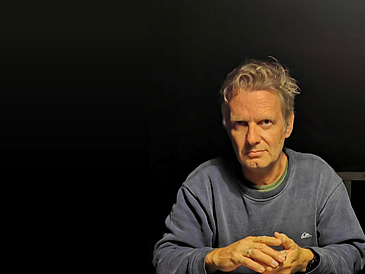In this short talk and discussion, I will ask what is a public? And what can they do? I will use a case study or work in Bangladesh and elsewhere on the issue of rising antimicrobial resistance, to demonstrate why it is important to raise a public, and why we should never assume that the 'we' of global change is already constituted. I am interested in how the social sciences and humanities can assist the formation of and joining together of collectives that can raise questions. In the discussion, we can open this out to see if there are some lessons in terms of other global issues that relate to climate and socio-ecological transformation.
Steve Hinchliffe is Professor of Human Geography at the University of Exeter, UK. His books include Pathological Lives (2016, Wiley Blackwell) and Humans, animals and biopolitics: The more than human condition (2016, Routledge). He currently works on a number of interdisciplinary projects on disease, biosecurity and drug resistant infections, focusing on Europe and Asia. He is a member of the Wellcome Centre for Cultures and Environments of Health at Exeter, and sits on the UK Government’s Scientific Advisory Committee on Exotic Diseases and on the UK Department for Environment, Food and Rural Affairs Science Advisory Group’s Social Science Expert Group.
Please register for this lecture via email at seasriseprotect me ?!uni-bremenprotect me ?!.de
Registration will be possible until November 1st, 8pm CET. A Link for the meeting will follow shortly after.


